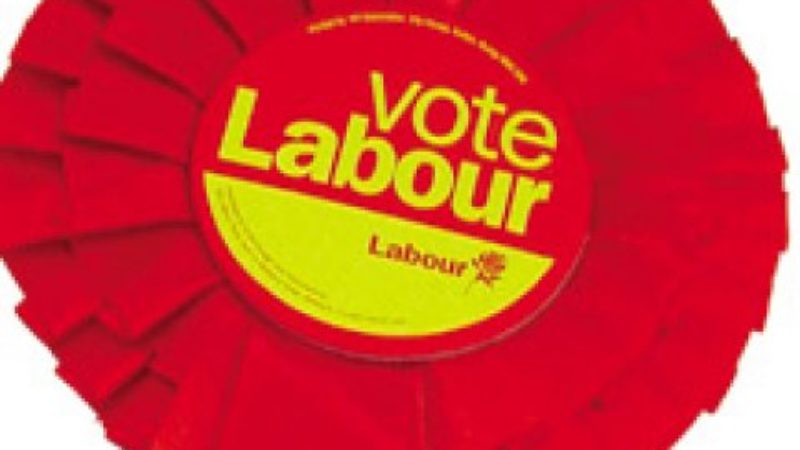
Yesterday it was The Guardian. Today it’s The Times. Suddenly the media have developed a fascination with the byzantine inner workings of the Labour Party. Nevermind that the party’s NEC had already taken a decision on Mayoral and PPC selections (and allowed MPs to stand – if they agree to stand down as MPs) – a few quiet words in the ears of a few lobby hacks and the whole issue seems to be blown wide open again.
As Gisela Stuart rightly told The Times today, stopping MPs standing for these roles would be “old-fashioned” and “backward-looking”. It would also make the NEC look daft by flip-flopping on the issue, and make a mockery of selection processes that are already underway.
It would be a monstrously foolish decision.
Yet focus on the “undesirability” of by-elections in the wake of the Bradford West debacle isn’t overly surprising – just last week I noted a shadow cabinet member telling me as much. The atmosphere after Bradford West was febrile. Some widely held assertions were shattered.
I share the concern that Labour could lose seats like Birmingham Hodge Hill to a Bradford West-esque result. But as is too often the case – as it clutches to an out of date system of political organisation that no longer works – the party is trying to treat the symptom, not the disease. That’s a far bigger issue than losing by-elections or party funding, but it’s at the root cause of both – a distrust of Westminster politics which feels distant to and alien from the lives of most voters.
To tackle that, the way the party campaigns and interacts with the electorate needs to change. While politics is “something that happens to other people” and the Labour Party is a couple of Eds in suits on TV, we’re going to struggle. Not just us, but all major parties.
Our politics looks frighteningly small – irrelevant even – to most voters. So the alternative must be that politics, politicians and political parties are something that lives and breathes in the communities we seek to represent – where the Labour Party is a neighbour, a friend or a local resident, not just a distant Westminster dwelling behemoth.
It’s imperative that Labour seizes the chance now to take on the challenges of 21st century campaigning rather than falling back into an old fashioned comfort zone. As I said in the wake of Bradford West, the case is stronger not weaker after that defeat. And if Labour doesn’t occupy this space and become the voice of communities – a genuinely engaged, interactive and responsive network – then someone else will.
The other argument against by-elections (other than the big one, that we might lose them), is that they’re expensive. The figure I’ve seen banded about is around £100k per seat*. But again that’s a symptom of wider malaise. Why does it cost the party that much to run an election in one seat? Because the old model dictates that by-elections are about bombarding the Labour vote and winning on a low turnout. They’re about the national party imposing a top down campaign upon an often weak and disorganised local party. They’re about being the biggest beast in the jungle of apathy.
When you’re up against only the two coalition parties that’s fine. You can tell people you’re the least worst option. But if you’re up against a candidate or party who are galvanising the electorate, you’re suddenly caught playing the wrong game.
In an increasingly open and transparent world what people value is authenticity and honesty. The outdated means employed by the party machine – the stitch up, command and control and the vice-like grip on information – are not only futile, but self-destructive. The party must change, because it has no choice.
And desperately clinging onto the old way of doing things – with the attendant dirt and mess that comes along with it – is only going to prolong the agony.
* – incidentally, if people felt a connection to or an engagement with our politicians, we’d have far fewer funding problems.





More from LabourList
‘Why solidarity with Ukraine still matters’
‘Ukraine is Europe’s frontier – and Labour must stay resolute in its defence’
Vast majority of Labour members back defence spending boost and NATO membership – poll